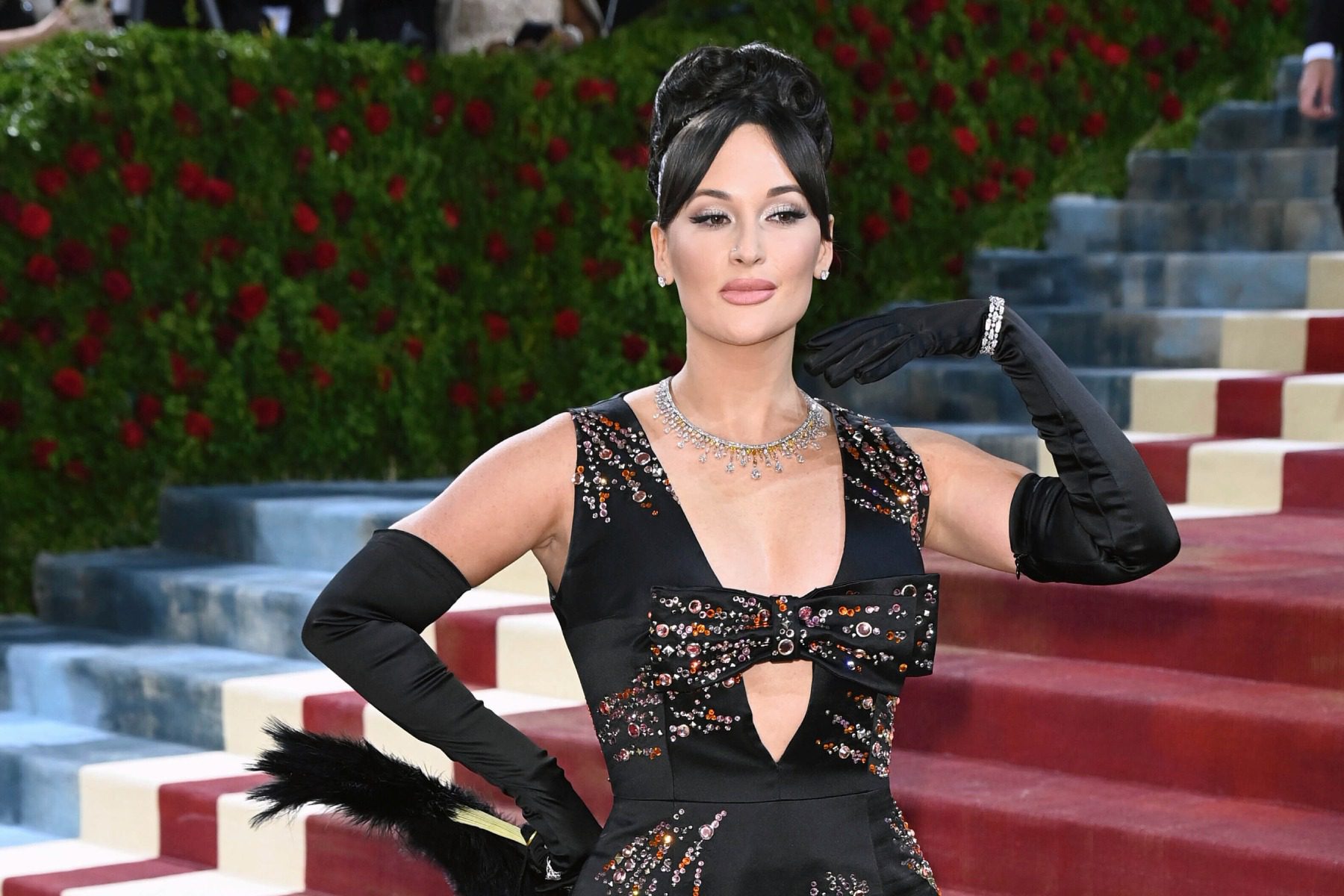
Kacey Musgraves to Cover Elvis Classic ‘Can’t Help Falling in Love’ for Baz Luhrmann Film
Kacey Musgraves revealed she has recorded a version of Elvis Presley’s 1961 classic “Can’t Help Falling in Love” for the soundtrack to Baz Luhrmann’s forthcoming biopic, Elvis.
Speaking to Variety at the Met Gala, Luhrmann was cagey about the singer’s contribution, saying, “she has a song in the movie — something to do with love.” Musgraves confirmed she covered the seminal tune for the director’s highly-anticipated film, which stars Austin Butler as Presley.
Although Elvis is set to premiere at Cannes last this month, little has been announced about the film’s soundtrack. So far we know that Doja Cat’s “Vegas,” which includes an interpolation of the Presley’s famous “Hound Dog,” will be out this Friday. The musician premiered a partial version of the song live during her performances at Coachella last month.
Following its premiere at Cannes, Elvis will arrive in theaters June 24. Butler, who previously appeared in Quentin Tarantino’s Once Upon a Time in Hollywood as Manson Family devotee Tex Watson, will star alongside Tom Hanks — who is set to appear as Elvis’ notorious manager Colonel Tom Parker. The film also stars Richard Roxburgh, Luke Bracey, Kodi Smit-McPhee and Olivia DeJonge.
blogherads.adq.push(function () {
blogherads
.defineSlot( ‘medrec’, ‘gpt-dsk-tab-article-inbody1-uid0’ )
.setTargeting( ‘pos’, [“mid-article”,”mid”,”in-article1″,”mid-article1″] )
.setSubAdUnitPath(“music//article//inbody1”)
.addSize([[300,250],[620,350],[2,2],[3,3],[2,4],[4,2],[640,250]])
;
});
Speaking ahead of the debut of the film’s trailer in February, Luhrmann told press that the biopic was a “canvas” to explore the nature of U.S. society at the time of Elvis’ rise.
“In this modern era, the life of Elvis Presley could not be a better canvas on which to explore America in the Fifties, Sixties, Seventies,” he said. “It was 42 years, but that’s three great lives put into one. What’s extraordinary about it is that life is culturally at the center of the Fifties, socially the Sixties, and actually the Seventies.”




